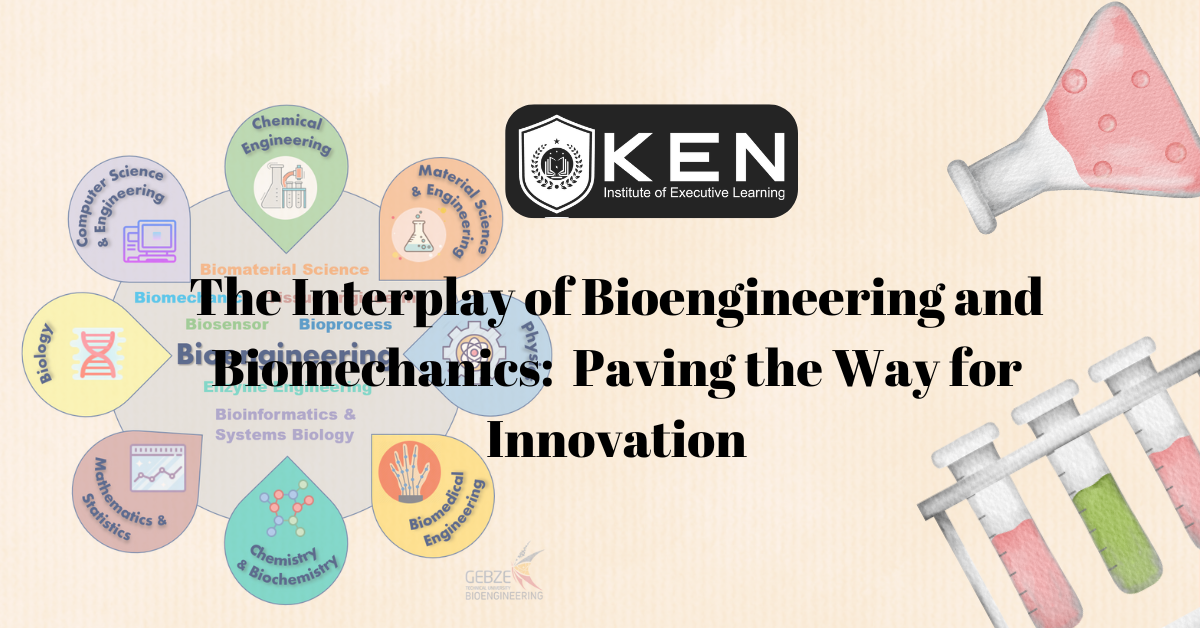
Bioengineering, also known as biomedical engineering, is a field that combines principles of biology and engineering to develop technologies and solutions that improve health and quality of life. In recent years, bioengineering has gained significant attention and momentum as advancements in technology and scientific understanding have made it possible to manipulate living organisms at the molecular level. This has opened up a world of possibilities for enhancing human capabilities and addressing a wide range of medical and environmental challenges.
Enhancing Human Health
One of the most exciting applications of bioengineering is in the field of medicine. From regenerative medicine and tissue engineering to genetic engineering and personalized medicine, bioengineers are developing innovative treatments and therapies that have the potential to revolutionize healthcare. For example, researchers are using bioengineering techniques to grow organs and tissues in the lab for transplantation, creating custom-designed drugs based on an individual’s genetic makeup, and developing new diagnostic tools that can detect diseases at an early stage.
Advancing Biotechnology
Bioengineering is also driving advancements in biotechnology, enabling the production of biofuels, bioplastics, and other sustainable materials that can reduce our dependence on fossil fuels and minimize our impact on the environment. By harnessing the power of living organisms such as bacteria, algae, and yeast, bioengineers are able to engineer these organisms to produce valuable compounds and materials in a more efficient and sustainable manner. This has the potential to revolutionize industries ranging from agriculture and food production to energy and manufacturing.
Improving Quality of Life
In addition to its medical and environmental applications, bioengineering is also being used to enhance the quality of life for people around the world. For example, researchers are developing advanced prosthetics and exoskeletons that can restore mobility to individuals with disabilities, creating bio-engineered foods that are more nutritious and sustainable, and designing smart materials that can adapt to changing environmental conditions. These innovations have the potential to improve the lives of millions of people and create a more sustainable and resilient society.
Challenges and Ethical Considerations
While bioengineering holds great promise for the future, it also presents a number of challenges and ethical considerations that must be carefully considered. For example, there are concerns about the potential misuse of bioengineered technologies, the impact of genetically modified organisms on ecosystems, and the implications of using gene editing tools on human health and well-being. As bioengineering continues to advance, it will be important for researchers, policymakers, and the public to engage in thoughtful discussions and decision-making to ensure that these technologies are used responsibly and ethically.
The Future of Bioengineering
As we look to the future, it is clear that bioengineering will play an increasingly important role in shaping the future of humanity. With its ability to harness the power of biology and engineering to solve complex problems and improve lives, bioengineering has the potential to transform healthcare, biotechnology, and countless other industries. By investing in research, education, and innovation in bioengineering, we can unlock the full potential of this field and create a more sustainable, healthy, and prosperous future for all.